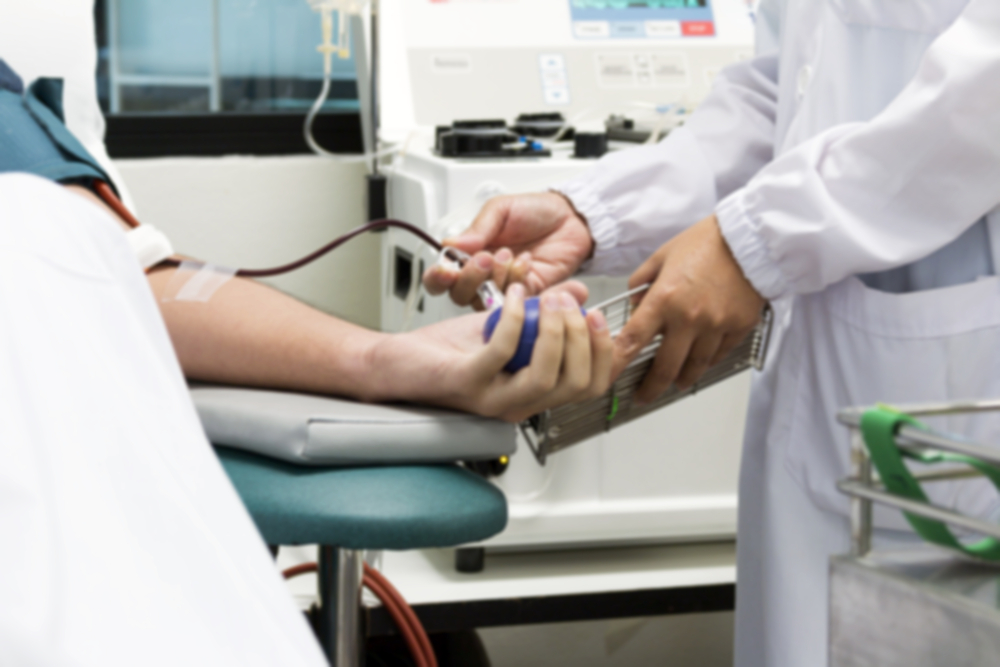New Formula of Recombinant Factor VIII in Kids with Severe Hemophilia A Is Effective, Trial Shows

A new, modified version of recombinant factor VIII (rFVIII), called rVIII-SingleChain, showed great efficacy and safety in treating bleeding events in children with severe hemophilia A.
The study, “Safety, efficacy and pharmacokinetics of rVIII-SingleChain in children with severe hemophilia A: results of a multicenter clinical trial,” was published in the Journal of Thrombosis and Haemostasis (JTH).
rVIII-SingleChain is a novel, modified rFVIII that when administered to hemophiliacs to restore hemostasis (to stop bleeding after an injury) proved indistinguishable from our own natural activated blood clotting FVIII. When previously tested in adults and adolescents with severe hemophilia A, rVIII-SingleChain exhibited excellent efficacy in the control of bleeding events and in routine and surgical prophylaxis (preventive treatment).
In this study, researchers performed an international, multicenter Phase 3 trial (NCT02093897) to investigate the safety, effectiveness and harmacokinetics of rVIII-SingleChain in children older than 6 and younger than 12 with severe hemophilia A who had previously received treatment for the disease. Pharmacokinetics refers to the movement of a drug within our body from entry to excretion.
Patients were assigned to either prophylaxis or on-demand therapy by the researcher. The prophylaxis participants received rVIII-SingleChain at a dose of 15 to 50 IU/kg every second day or two to three times per week. This dose could be altered, according to the researcher’s judgment, based on historical FVIII dosing and available pharmacokinetic results.
“For the treatment of breakthrough bleeds in patients on routine prophylaxis and for the treatment of bleeds in patients assigned to an on-demand regimen, dosing of rVIII-SingleChain was guided by World Federation of Hemophilia recommendations,” researchers wrote about the other treatment group.
The study’s primary endpoint was the success of the treatment, rated as “excellent” or “good” according to the researchers’ clinical assessment on efficacy of treatment for all bleeding events. The rating system used was a 4-point scale of excellent, good, moderate or poor/no response. The study included 84 patients (35 patients under the age of 6 and 49 patients ages 6 to 12. Eighty-one patients received prophylaxis and three patients received on-demand therapy.
In total, researchers treated and evaluated 347 bleeds, and effectiveness was rated as excellent or good in 96.3%.
Overall, “rVIII-SingleChain was highly effective in treating bleeding episodes in both age groups, and prophylactic treatment with rVIII-SingleChain resulted in a low annualized bleeding rate,” researchers wrote. “rVIII-SingleChain offers many previously treated children the benefit of twice-weekly prophylaxis with excellent tolerability and without the need to use a glyco-pegylated or Fc fused product.”






